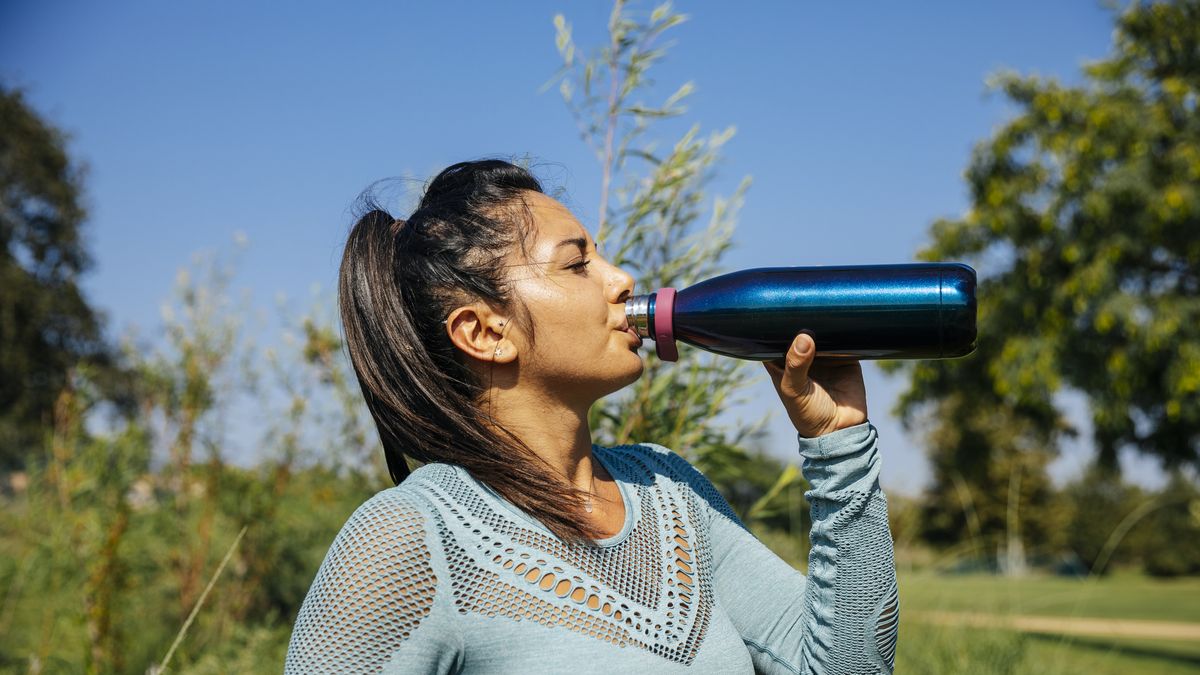Inspiring Change: UK's Quest for a Greener Hydration Routine
In the battle against mounting single-use plastic waste, a dynamic challenge has emerged – urging people to shift their habits and slash the staggering 10 million disposable water bottles that find their way into UK hands every single day, with a shocking 700,000 ultimately becoming unsightly litter.
Taking the reins alongside over 80 local councils and a burgeoning alliance of popular high street chains, the Refill app is leading the charge. This innovative app unveils a tapestry of 32,000 locales spanning the UK – from bustling city fountains to renowned chains, quaint pubs, and charming local shops – all places where you can effortlessly refill your bottle, no questions asked.
Diving into the motivation behind this movement, Jo Morley, the orchestrator of campaigns at the environmentally-conscious group City to Sea, which is steering the Refill campaign, states, "We embarked on some initial consumer research to fathom the paradox of the UK's obsession with bottled water, even when our tap water ranks amongst the world's finest. We uncovered that back in those days [circa 2015], the ability to refill was simply out of reach. I remember my own London commute, sneaking into pub restrooms to fill up my bottle. It was almost taboo to ask. And that's what we learned from our research – Brits had become too courteous. The notion of asking for something free didn't sit well."
Their drive to remove stigma and escalate awareness is now being embraced by a rising number of local authorities. Just last Friday, the Manchester city council and Greater Manchester Combined Authority took an oath to transform into "refill destinations," unlocking their doors to offer more water-refill points. Cities like Sunderland, Southend, Norfolk, Waltham Forest, Hounslow, and Cardiff are also part of this wave, says the organisation.
However, this endeavour extends beyond merely combating litter. Bournemouth city council, for instance, reported that introducing 150 free refill taps last year contributed to a reduction of 19,000 bottles strewn on its beach in just one July. With the UK's warming climate, easy access to clean, free water emerges as a concern of both social equity and public well-being. The mayor of London has responded by installing 110 new water fountains across the city.
Jo Travers, a London-based nutritionist, notes that while some find the habit of carrying water second nature, the younger generation seems to better understand the importance of staying hydrated. The diverse array of designs available for water bottles, turning them into accessories, has contributed to this shift. Travers emphasises, "A water bottle is like an accessory; you can personalise them, choose any colour you want – these things make a significant difference in whether people want to tote around a water bottle. But I do believe more of my younger clients grasp the importance of hydration – the elderly often suffer from chronic dehydration. There's undoubtedly a generational contrast."
While the often-quoted advice to drink two litres a day may have lost some of its shine, Travers underscores the importance of hydration. Not consuming enough water can lead to sluggishness, constipation, and difficulty regulating body temperature. "So my general advice is to keep sipping. It's almost unheard of to feel worse after a good gulp of water."
Chilly's insulated bottles, a manufacturer, has seen its popularity soar through collaborations with brands like Liberty and Emma Bridgewater. Interestingly, this trend isn't solely embraced by the younger generation. According to co-founder Tim Bouscarle, Chilly's, founded in 2010, witnessed remarkable growth, tripling sales over the three years leading up to 2018, and now moving "millions" each year. "Our mission is to accelerate the integration of reusable products into everyday life – and I genuinely think we've influenced millions of people in the UK to alter their daily routines."
(Ref: TheGuardian)




